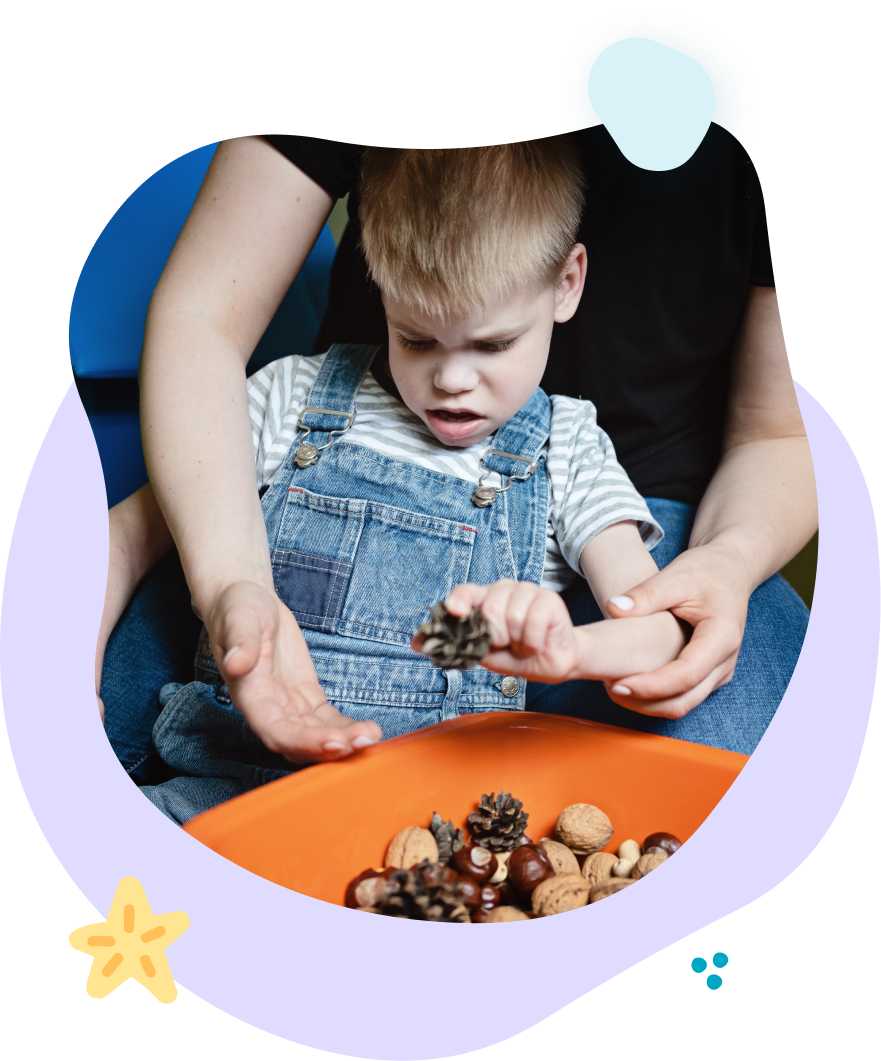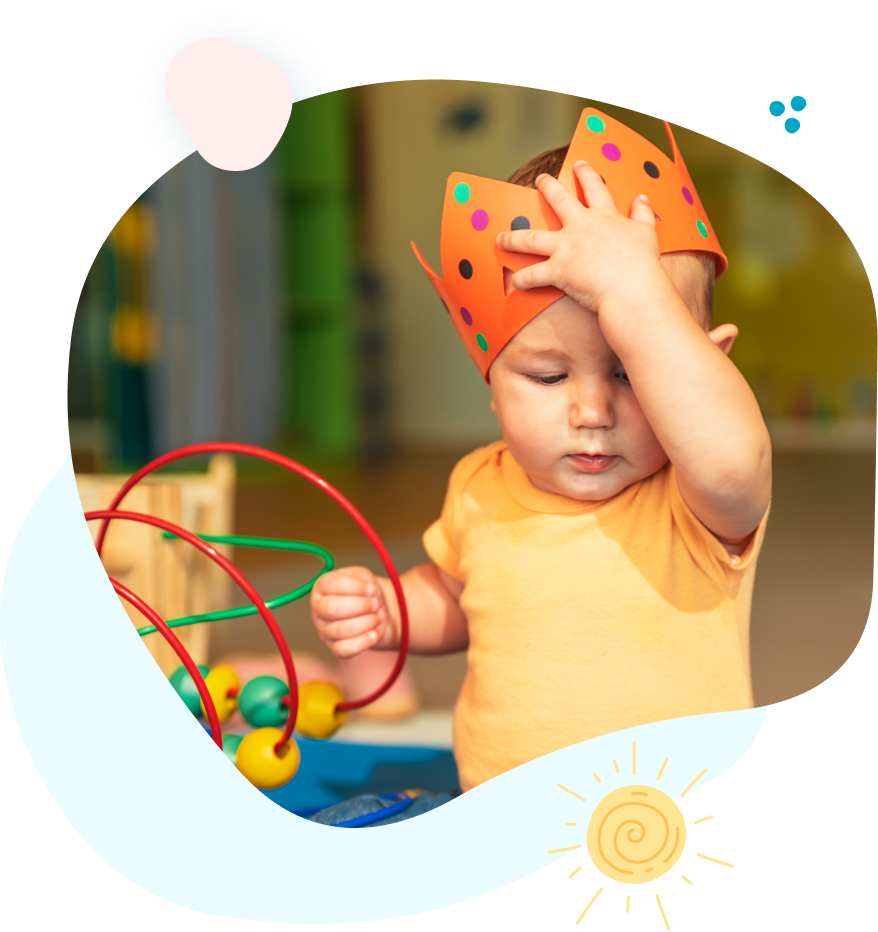Your Clinic
SET A LOCATION
Your Clinic
SET A LOCATION
Sensory motor disorder (SMD) can affect a child’s ability to process sensory input and coordinate physical movements, impacting their daily activities, social interactions, and overall development. Early identification and support can make a significant difference, and occupational therapy (OT) plays a crucial role in helping children with SMD overcome challenges and thrive.
Sensory motor disorder refers to difficulties in processing sensory information and coordinating motor responses. This condition can manifest as:
Oversensitivity or under-sensitivity to sensory stimuli such as touch, sound, or movement.
Challenges with fine motor skills, like writing or buttoning clothes.
Struggles with gross motor skills, such as jumping or catching a ball.
Behavioral responses to sensory input, including frustration or withdrawal in overstimulating environments.
Children with SMD may find it hard to keep up with peers in school, sports, or social situations, but with the right support, they can make remarkable progress.

PPT4Kids offers specialized tools that address the intersection of sensory processing and motor control. Our interventions help children integrate sensory information to support more coordinated, purposeful movement patterns.


Aquatic Therapy is a skilled treatment method used by therapists to enhance your child's functional abilities. The warm, buoyant water enables your child to feel free and have fun in therapy, in a natural environment! The water's buoyancy reduces stress on joints and muscles while providing resistance for strength building, making it particularly beneficial for children with movement limitations.
Attend our clinics for expert orthotics evaluations and fittings, designed to improve mobility and ensure optimal comfort tailored to your needs. Children at PPT can attend monthly clinics for custom wheelchairs or orthotics, designed to enhance mobility and ensure proper postural alignment. These specialized devices support proper body alignment and improve functional mobility.
PPT uses cutting-edge tools like Galileo whole-body vibration platforms and Mano dumbbells to enhance therapy outcomes. Therapeutic vibration helps to optimize neuroplasticity, promote motor learning and decrease the complications of many childhood conditions that limit movement, sensory processing skills, and learning. A unique therapeutic intervention used to decrease muscle tightness, change habitual patterns of movement in a single joint, or improve range of motion.
Parents and caregivers should look for the following signs that could indicate SMD:
If you notice these signs, seeking an evaluation with an occupational therapist is a vital first step.

Occupational therapy (OT) focuses on helping children develop the skills they need to succeed in everyday life. For children with SMD, OT provides:
Activities designed to help children process sensory input more effectively and adaptively.
Tailored exercises to improve coordination, strength, and fine motor skills.
Strategies and tools to support your child’s specific needs, from calming techniques to adaptive equipment.
Guidance for creating sensory-friendly environments at home and school.
Occupational therapists create engaging, play-based sessions that not only address challenges but also build confidence and independence in children.
If your child shows signs of sensory motor disorder, early intervention can set them on a path to success. Schedule an evaluation with an occupational therapist today to learn how OT can support your child’s unique journey. Let’s work together to unlock your child’s full potential!
We empower children, families, and the community to learn, grow, and celebrate every child's unique abilities.
Quick Links
Contact Details
Phone: 561-376-2573 | 561-918-0190
Fax: 561-218-4939
VIP Concierge: 561-717-1764
Clinic Locations
All Rights Reserved | Progressive Pediatric Therapy, Inc. | Privacy Policy | Terms of Service
Site by Spearlance